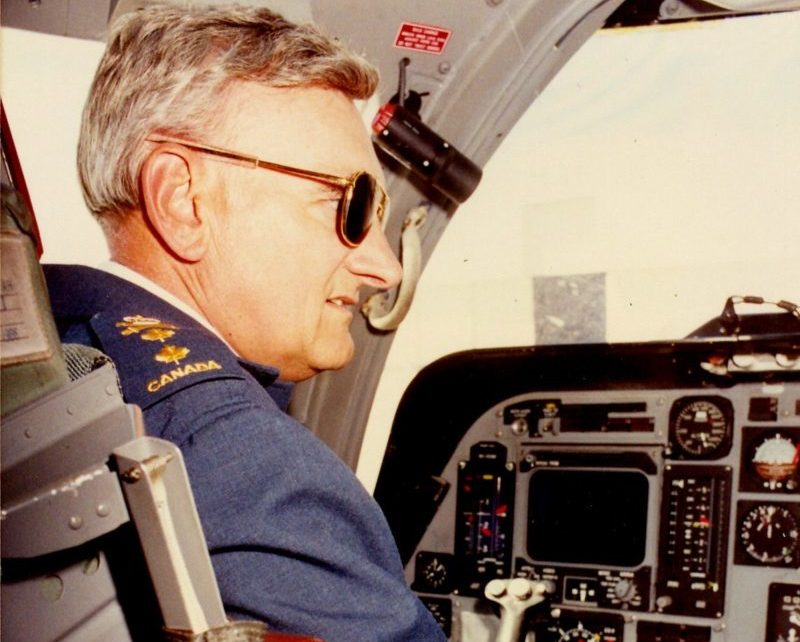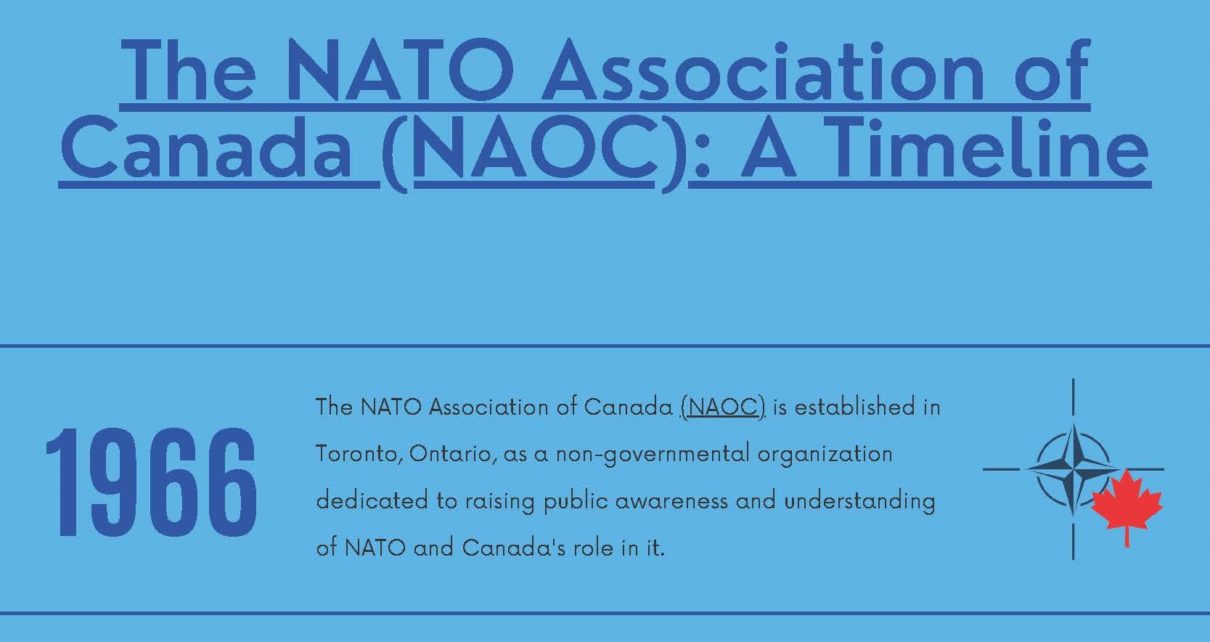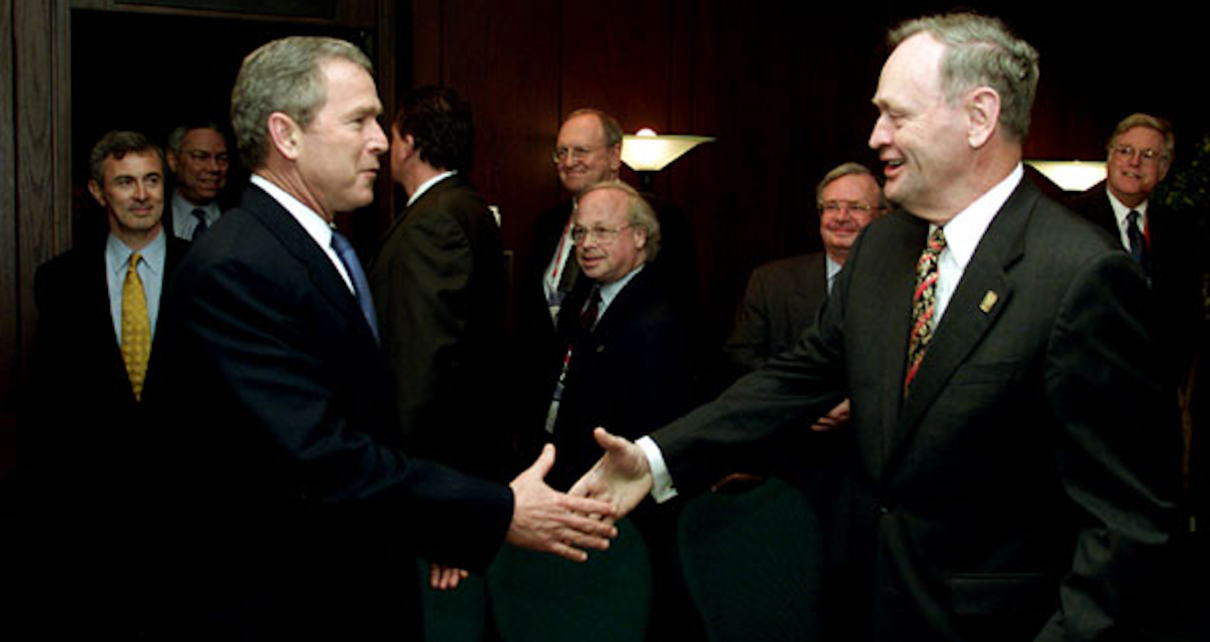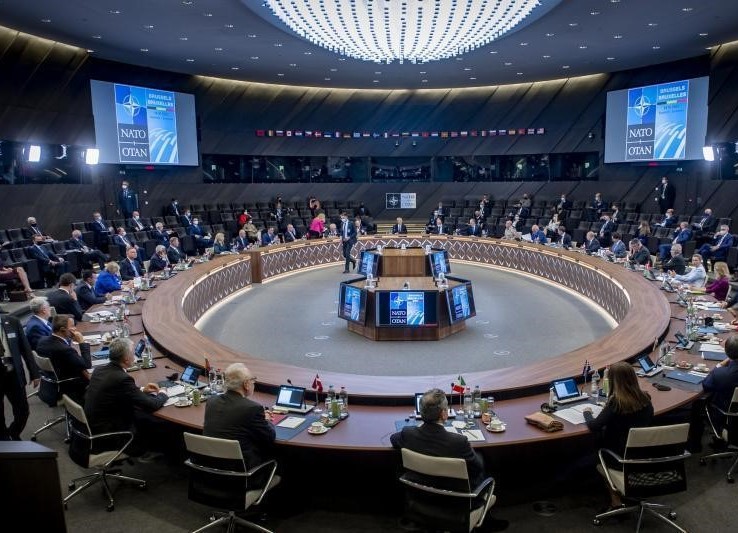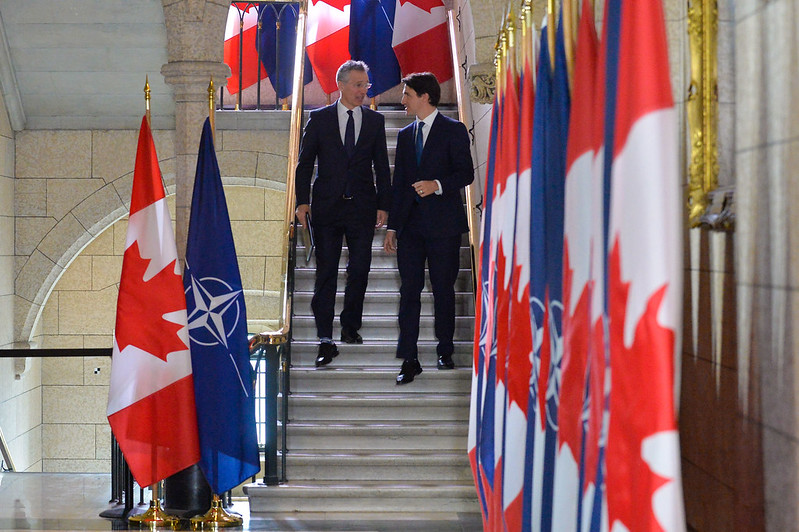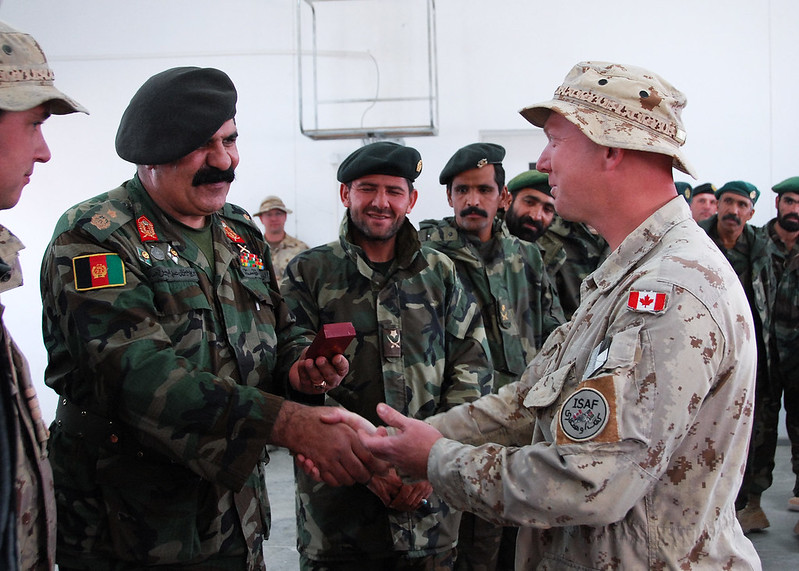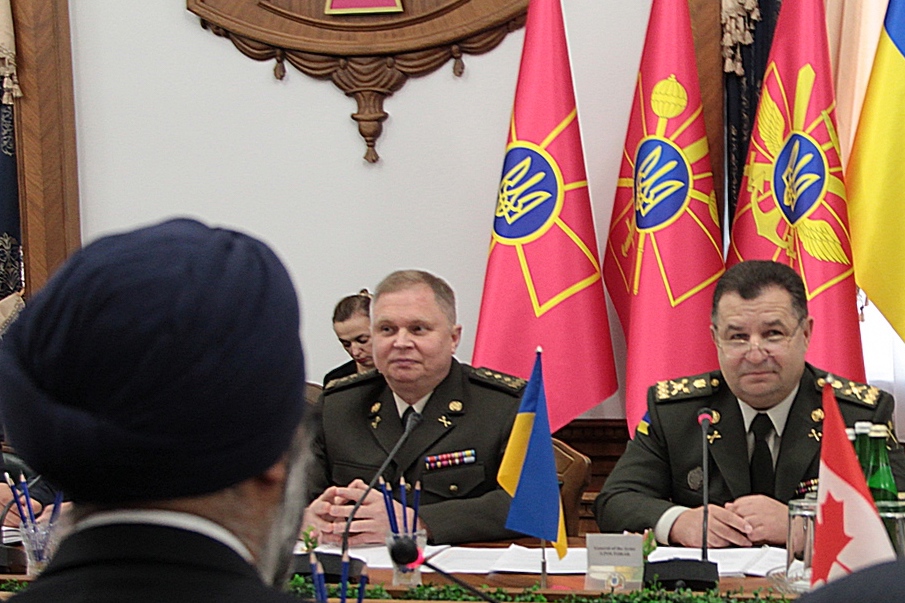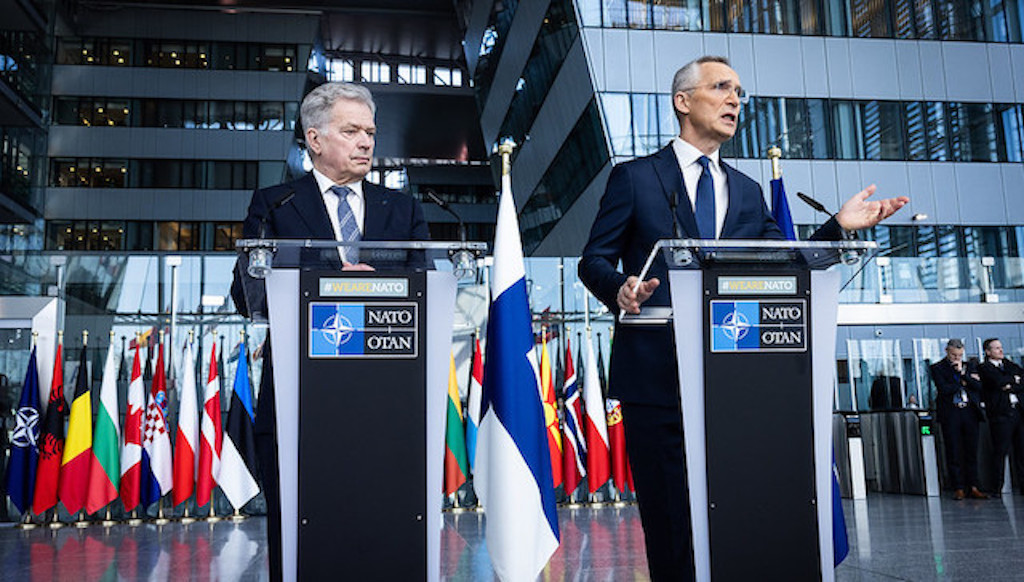Canadians may know Canada is a part of NORAD; but why are we involved? The NATO Association’s own Scott Burns spoke with Major-General Ian Patrick, former Director of NORAD Combat Operations from 1989-1992 in order to find out
NATO and Canada
Since its inception in 1949, Canada has played an integral role in the North Atlantic Treaty Organization (NATO) and its numerous military and non-military engagements. As a founding member, Canada’s involvement over the past 70 years has varied from troop deployment and training in Europe during much of the Cold War, to activity abroad in places like Afghanistan and Libya. The articles in the NATO and Canada program examine NATO’s operational history and Canada’s role from a multitude of perspectives. The NATO Association of Canada aims to supply Canadians with a greater insight into the inner workings of this long-standing alliance and its Canadian contributions.
Canada’s Relationship with the United States: A National Security Perspective
This article looks at Canada’s proactive measures in the aftermath of 9/11, such as increased national security spending, efforts to protect critical infrastructure, and collaboration with the US, while also addressing the strain on US-Canada relations during the Trump administration
Assessing NATO’s Interventions in Afghanistan and Libya
This article examines NATO’s involvement in Afghanistan and Libya, assessing the motives and effectiveness of these interventions. Criticisms include a lack of coordination with stakeholders and potential economic conflicts among participating NATO members. The interventions aimed to promote security and stability but faced challenges. Lessons learned highlight the need for nuanced and context-dependent approaches in peace-building operations. The long-term impact of these interventions and their effectiveness remain subjects of ongoing debate.
Canada, NATO, and Collaborative Partnerships for Global Security and Peace with Inter-Governmental Organizations (IGOs)
The collaboration of NATO with various intergovernmental organizations (IGOs) such as the Organization for Security and Cooperation in Europe (OSCE), the Arab League, and the United Nations Office on Drugs and Crime (UNODC) is examined in this article. It emphasizes Canada’s participation in these collaborations, such as election observation missions, security measures in Iraq, peace efforts in the Israeli-Palestinian conflict, counternarcotics initiatives, and support for drug treatment facilities in Central Asia, highlighting the importance of NATO’s engagement with IGOs in advancing collective defence and promoting peace and security globally.
Canada, NATO, and Burden Sharing: An Editorial Introduction
Burden sharing and NATO’s two per cent pledge are contentious topics in Canada and across the alliance. This essay introduces a series of articles on the subject from Anessa Kimball, Elliot Hughes, and Benjamin Zyla.
Why We Need to Study Impacts When Discussing NATO Burden Sharing
Measuring NATO burden sharing fairness is not an easy task. Benjamin Zyla argues that we need to move beyond focusing on input and output variables due to their methodological limitations, and instead focus on studying the impact that NATO member states have in contributing to NATO’s collective goods.
Contributions to Ukraine: Is Canada Punching Below its Weight?
We hear much in the media about Canada’s contributions to Ukraine. In this article, Scott Burns reviews these contributions and evaluates them in comparison to other allied nations.
Forget Two Per Cent—Think 40 Per Cent Instead
Canada has long struggled to meet NATO’s two per cent commitment. To do so, Elliot Hughes argues, Canada should turn its gaze northwards to the Arctic.
Rethinking NATO’s 2 Per Cent Defence Spending Target: 2023 Enlargement, Canadian Defence Needs, Cooperative Bargaining Models, and Institutional Outcomes
With Finland having joined NATO, the alliance has added its 31st member. Finland’s significant defence capabilities integrated into NATO will affect Arctic collaboration with some implications for Canada. In this article, Anessa Kimball explores Canadian defence needs, and whether the alliance’s 2 per cent GDP defence spending target remains relevant.

